Yang, An-Shik Distinguished Professor
- Introduce
- Research Method
- Core Technology
- Related Research
- Papers
Dept. of Energy and Refrigerating-Air conditioning
Office : Room 606-3, Integrated Technology Complex
Phone : +886-2-2771-2171 Ext. 3523
Email : wmyan@ntut.edu.tw
Education : PhD, ME Dept, Penn State University, USA
Expertise : Multi-phase heat transfer, Environmental flow field simulation and renewable energy, Microfluid mechanics, Computational fluid dynamics, and Space system engineering
RCEC Principal Research :
Ice melting energy-saving heat exchanger technology for high-efficiency small ice storage tank
RCEC Research Goals :
- Development of a low-temperature energy storage system suitable for cold chain applications
- Establishment of a simulation method for ice melting and solidification
- Reduction of melting time by more than 20% for rapid demand control of electricity


Experimental Setup of High-performance Small-scale Ice Storage Systems

Numerical Analysis for Ice Melting and Solidification
Core Technology :
Simulation Technologies to Resolve Thermo-fluid Field for Analyzing Environmental and Heat Transfer Systems

Simulation of Liquid Dispersion and Heat Transfer of Evaporative Falling Films
The CFD software ANSYS/Fluent® is used to probe the thermal phenomena of falling films on elliptical tubes. The volume-of-fluid (VOF) method is applied to examine the interfacial motion of film dispersion with the user-defined function (VOF) implemented to model the evaporation effect over the film surface on the tube under transient condition.

Estimates of Heat Transfer and Pressure Drop for Low-GWP Refrigerants
The CFD tool is utilized to study the thermo-physical properties of low global warming potential (GWP) refrigerants. The flow characteristics of condensation is studied by the simulation to solve the distributions of velocity, temperature, liquid volume fraction, convective heat transfer coefficient and pressure drop in a mini-tube.
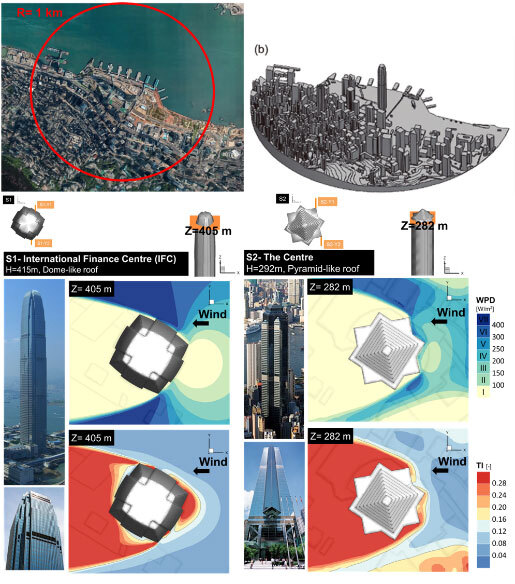
Simulation of Environmental Flowfield and Assessment of Wind Power Generation
The three-dimensional modeling software is used to resolve the urban wind environment around selected buildings. On-site measurements of the environmental wind field are conducted to probe the detailed wind field characteristics to locate the suitable locations for turbine installation.
Related Research :
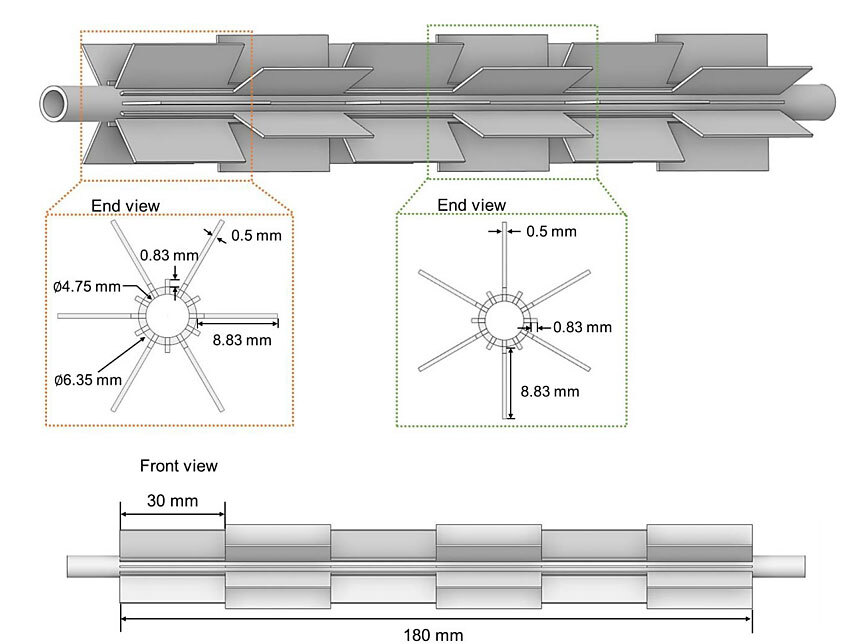
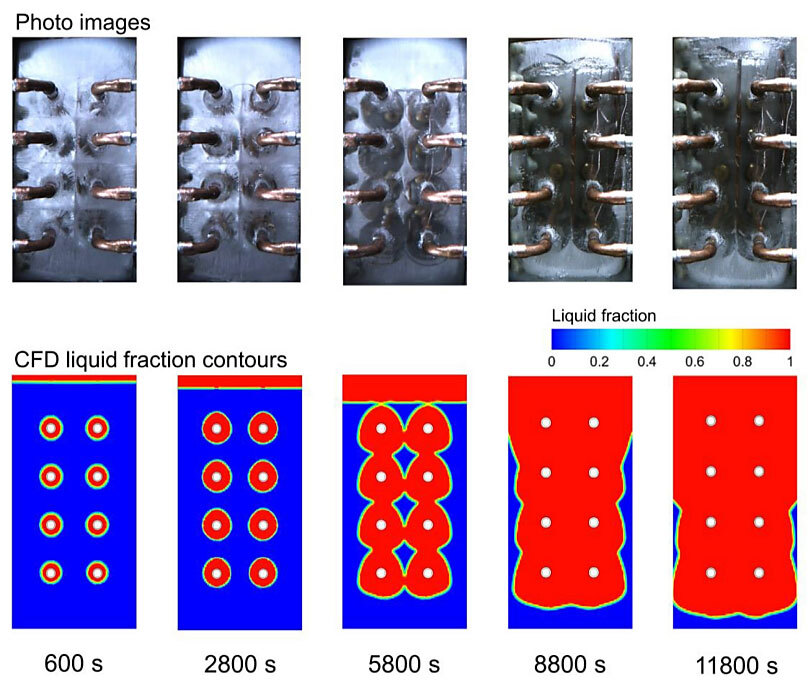
Research on Development of High-performance of Small-scale Ice Storage Systems

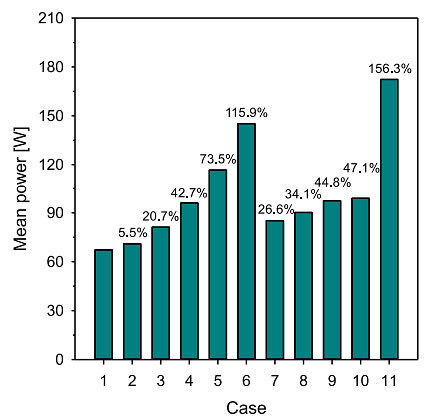
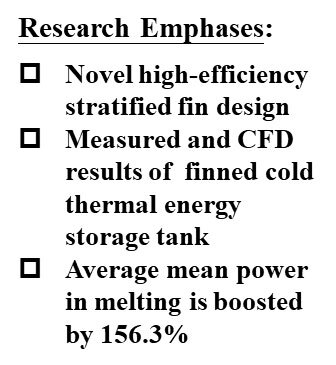

Simulation Technology for Energy-saving Heat Exchanger for New Low-carbon Refrigerants

Performance Analysis of Spray Falling Film Evaporative Condenser






